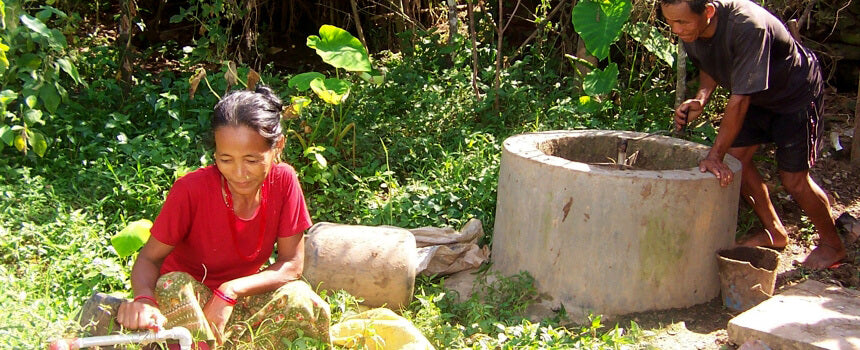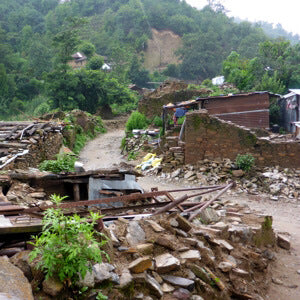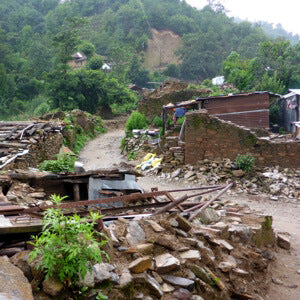Day 21
16 days of biogas cooking in Nepal
 Cow and man - together against climate change
Cow and man - together against climate change


Reconstruction of small biogas plants in Nepal

need
Repair of the biogas plants destroyed by the earthquake to produce renewable biogas and fertilizer for every household.
activity
Purchasing spare parts and commissioning local craftsmen to repair the system.
Measurable performance
Number of small biogas plants that could be repaired.
Result
Cooking with biogas from your own biogas plant makes households independent and reduces the financial and health burdens associated with purchasing firewood.
Systemically relevant impact
The health of users improves. Local forests are protected and climate change is not further exacerbated.
background


The good deed
AboutNepal
Kathmandu
Capital city

29 305 000
Population
2.471
Gross domestic product
per capita per year

149
Human Development Index
(Human Development Index)

